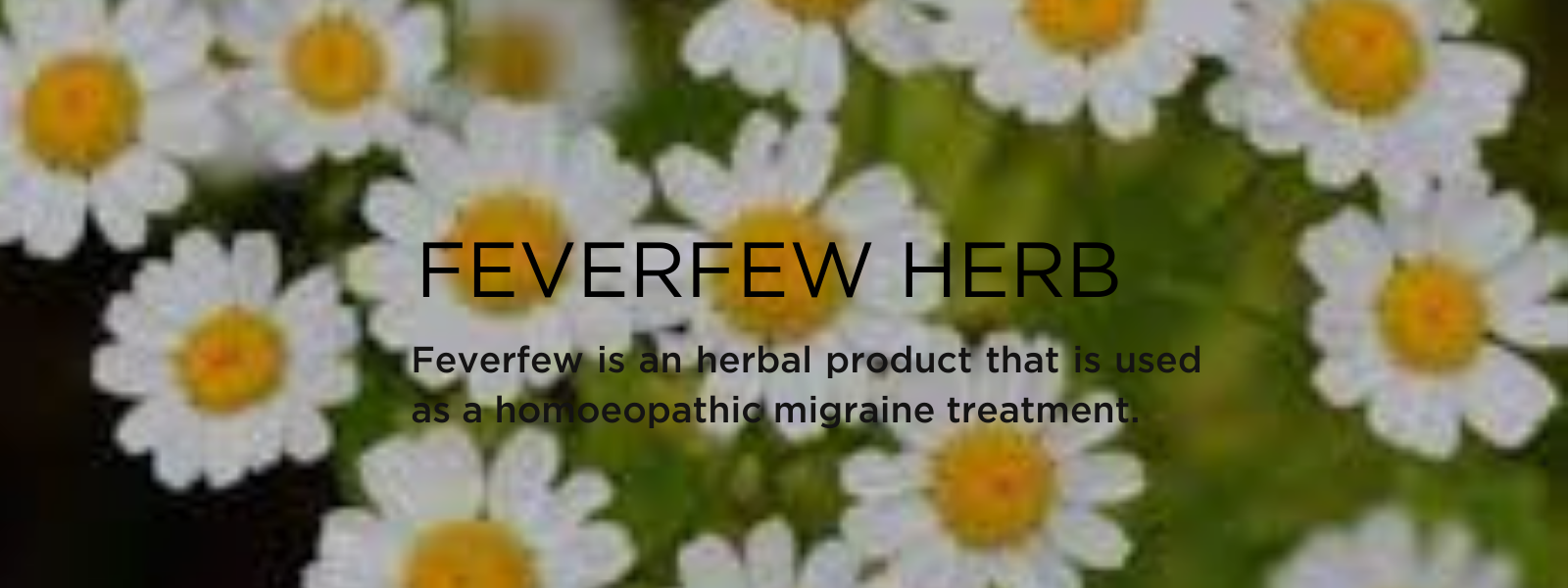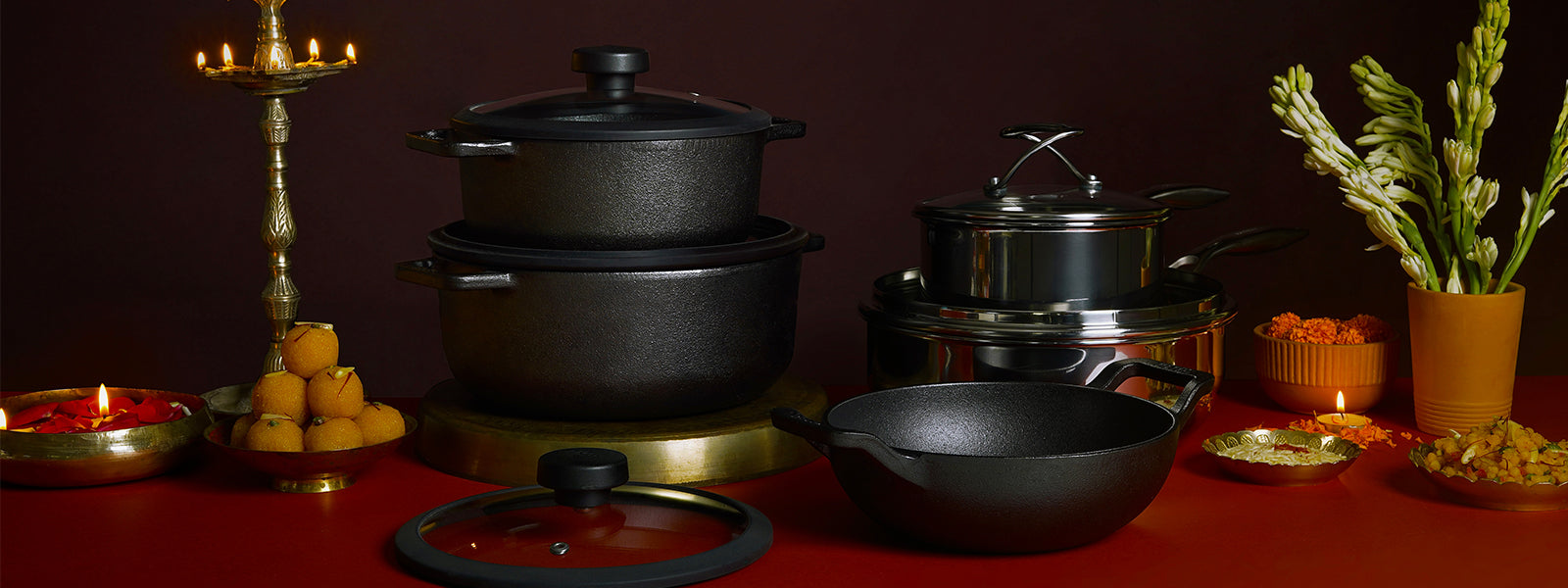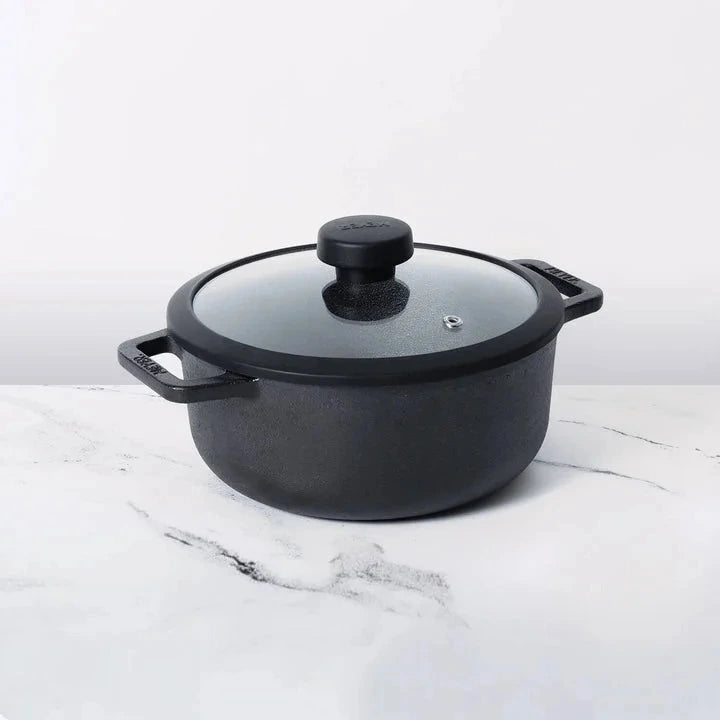Coriander, commonly referred to as cilantro, is a common herbal plant used in alternative medicine and culinary.
An annual herb of the Apiaceae family, coriander (Coriandrum sativum), is sometimes referred to as Chinese parsley, dhania, or cilantro. Although the entire plant can be consumed, the parts that are most frequently used in cooking are the fresh leaves and the dried seeds. Southern Europe, Northern Africa, and southwestern Asia are the native habitats of coriander.
Fresh coriander leaves are used as a garnish and as a component in numerous dishes, including chutneys, salads, and curries. Coriander leaves are a common vegetable in most households, although its health advantages are rarely mentioned.
Table of Contents
Coriander, commonly referred to as cilantro, is a common herbal plant used in alternative medicine and culinary.
An annual herb of the Apiaceae family, coriander (Coriandrum sativum), is sometimes referred to as Chinese parsley, dhania, or cilantro. Although the entire plant can be consumed, the parts that are most frequently used in cooking are the fresh leaves and the dried seeds. Southern Europe, Northern Africa, and southwestern Asia are the native habitats of coriander.
Fresh coriander leaves are used as a garnish and as a component in numerous dishes, including chutneys, salads, and curries. Coriander leaves are a common vegetable in most households, although its health advantages are rarely mentioned.
Cilantro leaves are a fantastic source of dietary fibre, manganese, iron, and magnesium.
Additionally, coriander leaves are a good source of protein, vitamin K, and C. Additionally, they have trace levels of carotene, niacin, thiamin, potassium, calcium, and phosphorus.
About Cilantro leaves:
The leaves of coriander are velvety, silky, and dark green; they are hairless and vary in shape from broad-lobed at the base to slender and feathery higher up near their flowering tops. Its stem and leaves have a little citrus flavour.
Health benefits of cilantro leaves:
The herb includes the essential oil linalool and is regarded as a good source of lipids in terms of nutrition. The herb's anti-epileptic, anti-depressant, and anti-inflammatory properties have also been utilised traditionally.
Here are a few advantages of Cilantro leaves for health:
- Immune System Booster: Terpinene, quercetin, and tocopherols are just a few of the antioxidants found in coriander. These antioxidants have anti-cancer, neuroprotective, and immune-boosting properties. Therefore, eating fresh coriander leaves would strengthen your defences.
- Manages blood sugar: Coriander leaves' high quantities of dietary fibres and proteins, which help to control blood sugar levels, can help reduce the symptoms of diabetes.
- Aids in Treatment for Liver Dysfunction: One of the main advantages of coriander leaves is that they help treat liver diseases like jaundice and bile abnormalities. This quality is ascribed to the coriander leaves' abundant alkaloids and flavonoids. Additionally, they improve liver performance and guarantee that the body is properly detoxified.
- Strengthens Bones: Calcium, magnesium, and phosphorus are abundant in coriander leaves' mineral content. These minerals are essential for the development of connective tissue. Consuming coriander leaves in salads significantly increases bone density and eases arthritis-related joint pain.
- Relieves Stomach Issues: The anthocyanins in coriander leaves give them their anti-inflammatory properties. The anti-inflammatory properties of this substance help to treat stomach ulcers and prevent indigestion. Consuming coriander leaves increases stomach mucosal secretion levels as well. These secretions enhance gut health and protect the stomach walls from acid reflux.
- Enhances Heart Health: Coriander reduces LDL (bad) cholesterol levels and blood pressure, two risk factors for heart disease. Your body appears to be helped by coriander extract acting as a diuretic to eliminate excessive sodium and water. This assists in reducing blood pressure.
- Enhances Brain Function: Inflammation is a factor in a number of brain disorders, including Parkinson's, Alzheimer's, and multiple sclerosis. The anti-inflammatory effects of coriander derived from anthocyanins may protect against certain illnesses.
- Improves Vision: Vitamins A, C, E, and the carotenoid class of antioxidants are all in abundance in coriander leaves. When consumed, these micronutrients help to improve vision. Conjunctivitis, an age-related degenerative condition of the eyes, can be successfully treated with these nutrients. Another significant advantage of coriander leaves for health is improved vision.
8.Promotes healthy skin: Coriander provides a number of advantages for the skin, including skin protection and skin welfare. Coriander extract contains antioxidants that help combat cellular ageing and prevent cellular damage. Additionally, it protects skin from ultraviolet B radiation damage. Juice from coriander leaves can also be used to treat skin issues like acne, pigmentation, oiliness, and dryness.
Nutritional value of coriander leaves:
One cup contains:
Calories: 3.68
Carbs: 0.587 g
Protein: 0.341 g
Fat: 0.083 grams
It also contains Vitamin C, folate, provitamin A and K potassium, choline, manganese, and beta-carotene.
Culinary use of Cilantro leaves:
To get rid of any remaining pesticides and to fully wash away sand and grime, use water while washing fresh leaves. It is used in the kitchen right before cooking recipes to maintain the scent and fragrance.
Since ancient times, several well-known dishes in Asian and East European cuisine have been prepared with cilantro (coriander) leaves. It improves the flavour and taste of dishes containing vegetables, chicken, fish, and other meats when used along with other common household herbs and spices.
Additionally, the herb has been used to make sauces and soups. Fresh cilantro, red pepper, garlic cloves, olive oil, pumpkin seeds, and a few drops of lemon juice are all ingredients in the well-known Mediterranean cilantro pesto. It goes well with pasta, in sandwiches, and as a marinade for fish, chicken, and other foods. A green salad tastes great with coriander leaves that have been freshly cut and sautéed.












Leave a comment